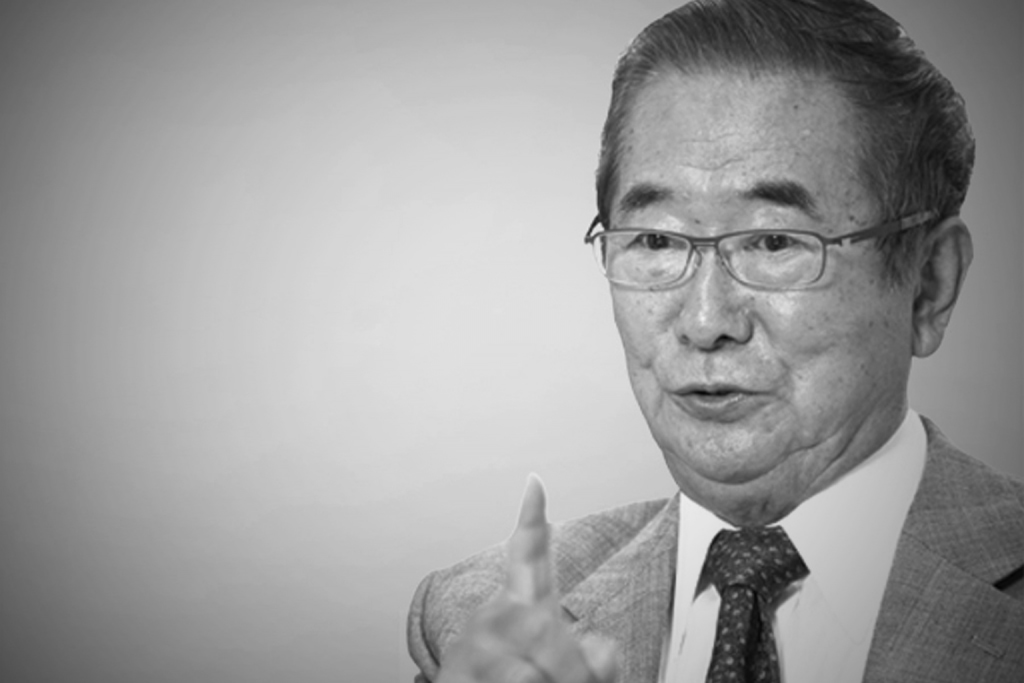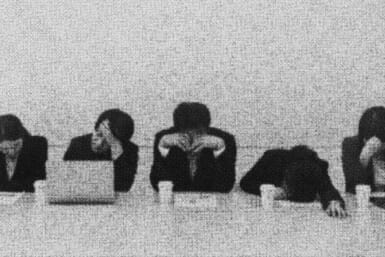Former Tokyo Governor Shintaro Ishihara died on Tuesday. A divisive figure, he first made a name for himself as an author, winning the Akutagawa Prize for his 1955 novel Season of the Sun. He went on to represent the Liberal Democratic Party (LDP) in both the Lower House and Upper House before being elected the capital’s governor in 1999. His controversial comments made headlines throughout his career, some of which you can see below.
Also this week, we have the latest Covid-19 news as record numbers were recorded again. The booster rollout, however, continues to trickle along at a snail’s pace. In crime news, a police report revealed that criminal offenses were down in 2021, but there was an increase in child abuse cases. And in soccer, it was a good week for the Japan national team and Celtic’s midfield maestro Reo Hatate who enjoyed a dream Old Firm debut.
Shintaro Ishihara, Controversial Politician and Author, Passes Away
Shintaro Ishihara died from pancreatic cancer this week. He was 89. An ultranationalist known for his controversial views, he berated America in his book The Japan That Can’t Say No: Why Japan Will Be First Among Equals which he co-authored with then Sony Corporation Chairman Akio Morita. He once described homosexuality as “abnormal,” said women who lost their reproductive function were “useless” and in interview with Playboy magazine claimed the Rape of Nanking was fictional. Also, in the mid-2000s he was sued by the French for insulting their language, or more specifically its number system.
In 2011 he said the Tohoku earthquake and tsunami was a “divine way of washing away the egoism afflicting the Japanese people.” It was Ishihara, though, who moved quicker than any other prefectural governor to provide aid for the region. He also became known for his leadership in combating climate change. His 13-year reign will probably be best remembered, however, for his plan to purchase three of the four disputed Senkaku Islands, infuriating China. The Japanese government’s attempt to calm the situation by nationalizing them further exacerbated the situation.

Around 147,000 overseas students are still waiting to enter Japan
400 Students Allowed to Enter Japan
According to immigration authorities, around 370,000 people with permission to stay in Japan are still being denied entry. That includes close to 150,000 overseas students. Despite protests around the globe, doors remain firmly closed for the vast majority. For a small select group of students, though, there’s finally some good news. In January, 87 government-sponsored pupils were given permission to enter Japan. Another 400 have since been added to that list.
For the rest, the waiting game goes on. Former vaccine czar Taro Kono told Reuters this week that he hopes the ban will be lifted at the beginning of March. He said it may not happen, but it’s important to be prepared. “Why should we discriminate against foreigners? Omicron doesn’t know if (a person) is Japanese, American or Iranian. It doesn’t make any sense — economically, scientifically or otherwise,” said Kono. He added that it was okay to make tourists wait, but not students or businesspeople.
New Covid-19 Cases Top 100,000 for the First Time
Japan’s daily tally of new coronavirus cases rose to 104,470 yesterday, topping 100,00 for the first time. It also meant the cumulative number of cases in the country surpassed three million. In the capital, there was a record high of 21,576 new cases on Wednesday. The hospital bed occupancy for Covid-19 patients in Tokyo also exceeded 50 percent, the threshold by which the metropolitan government said it would think about requesting a full state of emergency. However, on Monday, Prime Minister Kishida told reporters it wasn’t being considered at the moment.
The PM also spoke about accelerating the rollout of booster shots. At Tokyo’s mass inoculation center, run by the Self-Defense Forces, there are currently just 720 reservation openings per day. The plan was to increase that number to 2,160 from next Monday, though with slots filling up immediately, he realized that wasn’t enough. “In order to move ahead with vaccinations at the same pace as last year, we’d like to increase the daily doses to around 5,000 in the coming week,” said Kishida at a House of Representatives budget committee session.

2021 saw an increase in child abuse and domestic violence cases
Crime Rates Down, but Child Abuse Cases Hit Record High
A preliminary report by the National Police Agency revealed that there were 568,148 criminal offenses last year. That’s 7.5 percent lower than in 2020. According to the agency, street crimes such as bag snatching and vandalism decreased significantly at the beginning of the year when Japan was in a state of emergency. Serious crimes such as murder and robbery dropped 1.3 percent to 8,823. It’s the seventh consecutive year criminal offensives have decreased. Cases peaked at 2.85 million in 2002.
While criminal acts in general were down, reports of child abuse increased. 2,170 child abuse cases were investigated last year, a record number. That’s up 1.7 percent from 2020. The number of minors referred to child welfare centers also rose by one percent to a record high of 108,050. “As the novel coronavirus pandemic is feared to reduce opportunities to watch over children, we will continue to monitor information that could lead to uncovering abuse,” said an official from the agency. There were also 83,035 consultations regarding domestic violence, another record number.
Viagra to be Covered by Health Insurance
At a general meeting on Wednesday, the Central Social Medical Insurance Council, which advises the health minister on health insurance and health services, agreed to cover 16 medicines used in fertility treatment such as the premature ovulation preventative drugs ganirelix and cetrorelix, starting in fiscal 2022. It also included sildenafil, sold under the brand name Viagra. Insurance coverage for the drug, which treats erectile dysfunction and pulmonary arterial hypertension, will only be permitted when being used for infertility treatment.
It’s all part of the government’s plan to try to combat the country’s low birthrate. From April, IVF and several other fertility treatments will be brought into the national health insurance system. Under the current system, the financial burden is often huge, even with the subsidies (for couples whose annual household income is less than ¥7.3 million). With health insurance, they would pay just 30 percent of the cost. Also, national public employees are now given 10 days paid leave a year to receive fertility treatment.
Vital Win for Japan in World Cup Qualifier
Japan moved a step closer to qualifying for the 2022 World Cup with a convincing 2-0 win over Saudi Arabia. Takumi Minamino kept his composure to give the hosts the lead on 31 minutes. Junya Ito, the Samurai Blue’s best player in recent games, made it two five minutes after the break with a superb strike from outside the box. Hajime Moriyasu’s men can book their place in Qatar with a win in their next game away to Australia.
Fortunately for Celtic, Reo Hatate didn’t make the Japan squad for their recent matches. That meant the midfielder was available to start in his first-ever Old Firm game. And what a game he had. The former Kawasaki Frontale man opened the scoring after five minutes before adding a second three minutes before half-time. Hatate then set up Liel Abada to make it Celtic 3-0 Rangers. It sent the Hoops to the top of the table. Daizen Maeda, who played for Japan the night before, remarkably came off the bench with around half an hour to play.
Feature Image by Norihisa Kushibiki









